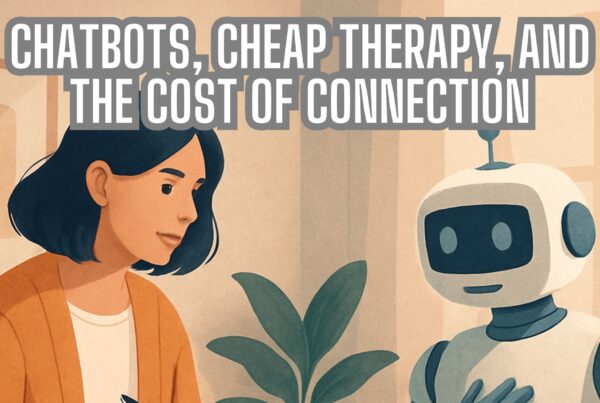The Transformative Power of Gratitude: A Deep Dive
The Underestimated Impact of Gratitude
Gratitude, often seen as a simple act of expressing thanks, holds a power that many might underestimate. Recent studies have delved into the act of expressing gratitude, such as writing thank you notes. Subjects in these studies were asked to pen down their feelings of thanks and then predict the recipient’s reactions. The results? The positive impact on the recipients was consistently underestimated. Moreover, just the act of writing three thank you notes weekly over a span of three weeks showed remarkable benefits. Participants reported improved life satisfaction, heightened feelings of happiness, and a notable reduction in symptoms of depression.
Gratitude in Literature and Its Timeless Relevance
Daniel Defoe’s renowned “Robinson Crusoe,” a staple in the world of literature, offers a vivid portrayal of gratitude in action. Crusoe, stranded on an unfamiliar island with no immediate hope of rescue, could easily have succumbed to despair. Instead, he chose to list out the things he was thankful for, including his survival and the resources he salvaged from the shipwreck. This 300-year-old narrative not only underscores the timeless nature of gratitude but also aligns with contemporary psychology. Focusing on aspects of life that evoke gratitude rather than resentment can be a transformative experience.
The Multifaceted Benefits of Gratitude
Dwelling on regrets, like pondering over failed relationships or career setbacks, can amplify feelings of sorrow. On the other hand, concentrating on aspects of life that spark gratitude can infuse a sense of happiness. This isn’t just about cultivating a positive mindset. There’s mounting evidence suggesting that acknowledging our blessings can significantly boost mental and physical health. Many world religions have long revered the act of expressing gratitude. Scriptures, like the Biblical Book of Psalms, emphasize enduring and heartfelt gratitude. Similarly, Martin Luther portrayed gratitude as a core virtue, while the Quran extols the merits of giving thanks.
Scientific Backing for Ancient Teachings
Modern science echoes these ancient teachings. Regular engagement in gratitude exercises, such as counting blessings or expressing thanks, has been linked to enhanced relationship satisfaction and fewer physical ailments. The benefits aren’t just limited to the psychological and physical realms. A consistent practice of gratitude can lead to a reduced materialistic view of life and diminished feelings of envy.
The Underlying Reasons Gratitude Benefits Us
Several theories explain the profound benefits of gratitude. Expressing gratitude can encourage continued acts of generosity, fostering a cycle of goodness. A community where gratitude is prevalent is likely to be harmonious, devoid of mutual distrust. Moreover, acts of gratitude can elevate one’s perception of humanity, inspiring many to contribute positively to society. This sense of connection, fostered by gratitude, can lead to stronger, longer-lasting relationships.
Challenges to Genuine Gratitude
However, the path to genuine gratitude isn’t always straightforward. Some might feel unworthy of kindness or suspect hidden motives, preventing them from experiencing the full benefits of gratitude. Others might feel indebted, believing they need to repay the kindness they’ve received. For gratitude to truly flourish, individuals need to feel secure and trusting. Another barrier is the sense of entitlement, where acts of kindness are seen as mere dues rather than genuine gestures of goodwill.
Practical Ways to Cultivate Gratitude
Promoting a sense of gratitude can be achieved through various practical steps. Reflecting on individuals who’ve made a positive impact, writing thank you notes, or expressing gratitude in person can be profoundly beneficial. Ancient religious practices, like meditation on acts of kindness received or prayers for a benefactor’s well-being, can also foster gratitude. Envisioning gratitude at its pinnacle involves hoping for opportunities to positively impact someone else’s life.
Book Your FREE 20 Minute Consultation With Release Hypnosis NOW!
You may also like to read:
Release Making Hypnotherapy Accessible During COVID-19
Coronavirus (COVID-19) Update to Release Hypnosis
Release Hypnosis Celebrates 5th Anniversary
Isn’t It Time To Tell That Smoking Habit To Butt Out Of Your Life?








